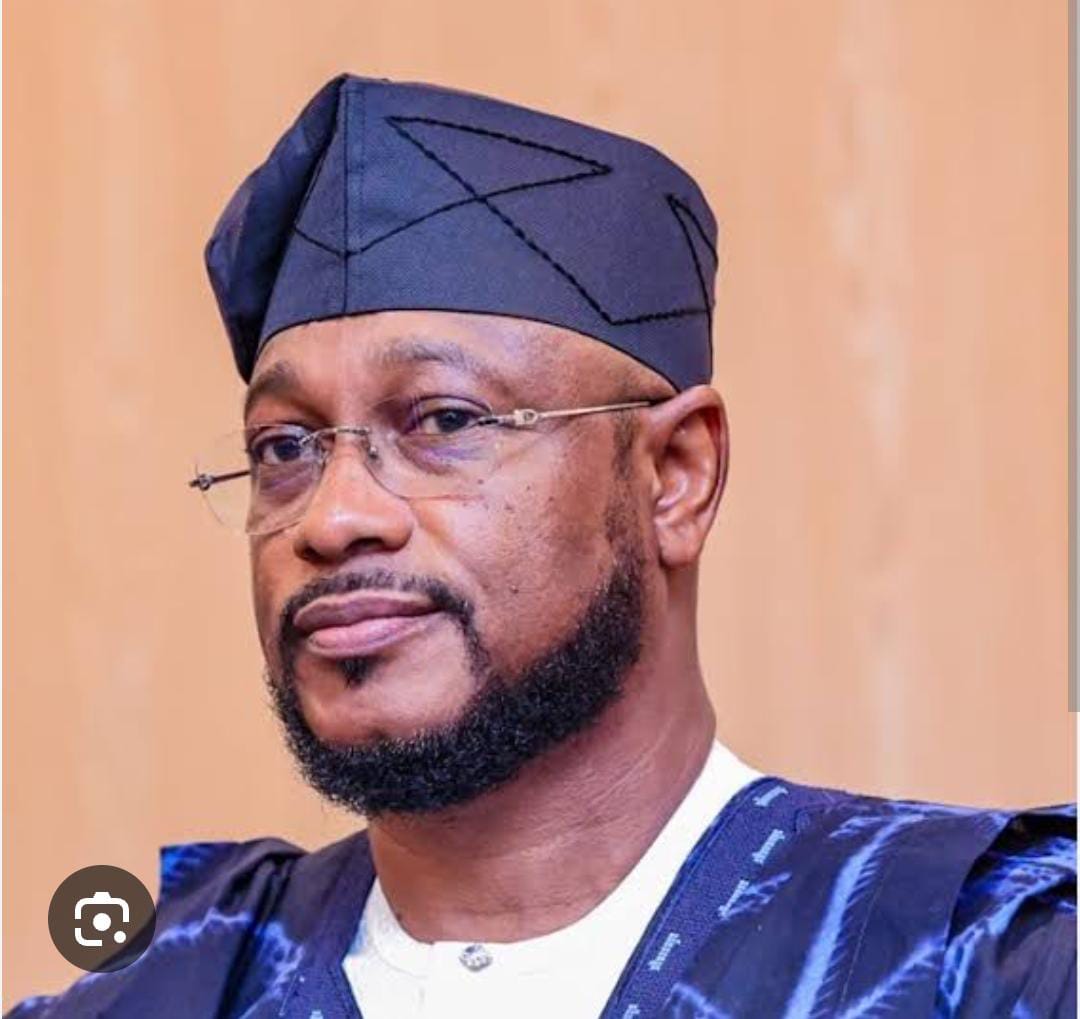News
Dr Matawalle Marks The Map, While Dauda Misses The Mark

By Kabiru Inuwa
In the early hours of political discourse, before the sun had fully risen, Governor Dauda Lawan Dare made a boast as bold as it was baseless: “If Matawalle dares to contest again, I will defeat him.”
To many, this proclamation sounded less like strength and more like a rehearsed rhetoric—bravado cloaked in bluster.
As the saying goes, “A goat that boasts of wrestling with a lion has not seen the forest at dawn.” Indeed, Dauda’s words carry the stench of fear disguised as firmness. A man unable to patch the leaks in his own house should think twice before mocking another’s mansion.
Zamfara bleeds—not from the past, but from the present. Not from Matawalle’s time, but from Dauda’s shortcomings. The ship of state, under Dauda’s captaincy, has drifted aimlessly. Promises of transformation have turned into tales of turmoil.
Today, the people cry not for poetry but for policy. Not for slogans, but solutions.
Governor Dauda has missed more than just the mark—he has missed the map. The vehicle of leadership he now drives has veered off course. The tyres are flat. The engine sputters. And the people are stranded at the crossroads of neglect.
In the wisdom of the elders, “He who digs a pit for his brother must measure its depth, for he may fall into it first.” In his rush to undermine Dr Bello Matawalle, Dauda risks becoming the architect of his own political demise.
Zamfara’s people are not blind to history. They’ve tasted both waters. They recognise the difference between a leader who listens and one who only lectures.
Dr Matawalle was no miracle maker, but he left a foundation many now long for. Dauda inherited a state in recovery and regressed it into one in ruin. Insecurity prowls, hunger persists, and hope fades—yet he declares victory before the fight.
“A child who says his mother will not sleep must also prepare for sleepless nights.” If Governor Dauda believes his words alone can silence the people’s will, he is gravely mistaken. Governance is not a poem—it’s performance.
Should Matawalle return to the arena, the echoes from Zamfara’s streets may not mirror Dauda’s confidence. They may instead rise as a rallying cry—a signal that the people are ready to reclaim what they once had.
When that day arrives, Dauda’s declaration may sound more like a dirge than a decree—a chant of arrogance answered by the ballot.
Empty vessels may make the loudest noise, but truth simmers quietly, like a pot that feeds a nation.
And so, as Zamfara approaches yet another decision day, the people will speak—not with slogans, but with votes. Not through violence, but with vision.
The days ahead are ripe with possibility. Dauda may keep blowing his trumpet, but when the music stops and the ballots drop, he may realise he was dancing to his own downfall.
In Zamfara, the winds are changing. The wheel is turning.
And as the wise say: “You cannot pluck the feathers of a hawk with the hands of a hen.”
Let Dauda dare.
Let Matawalle move.
Let the people decide.